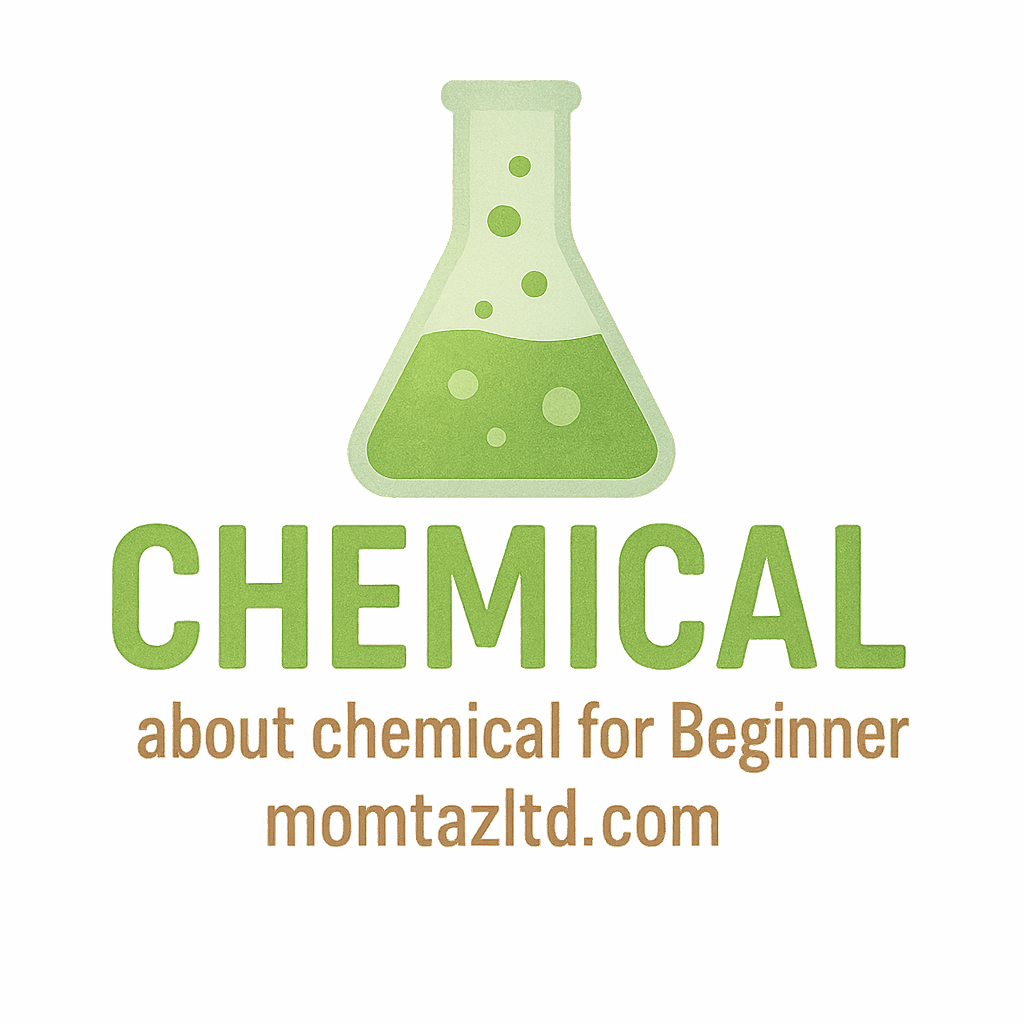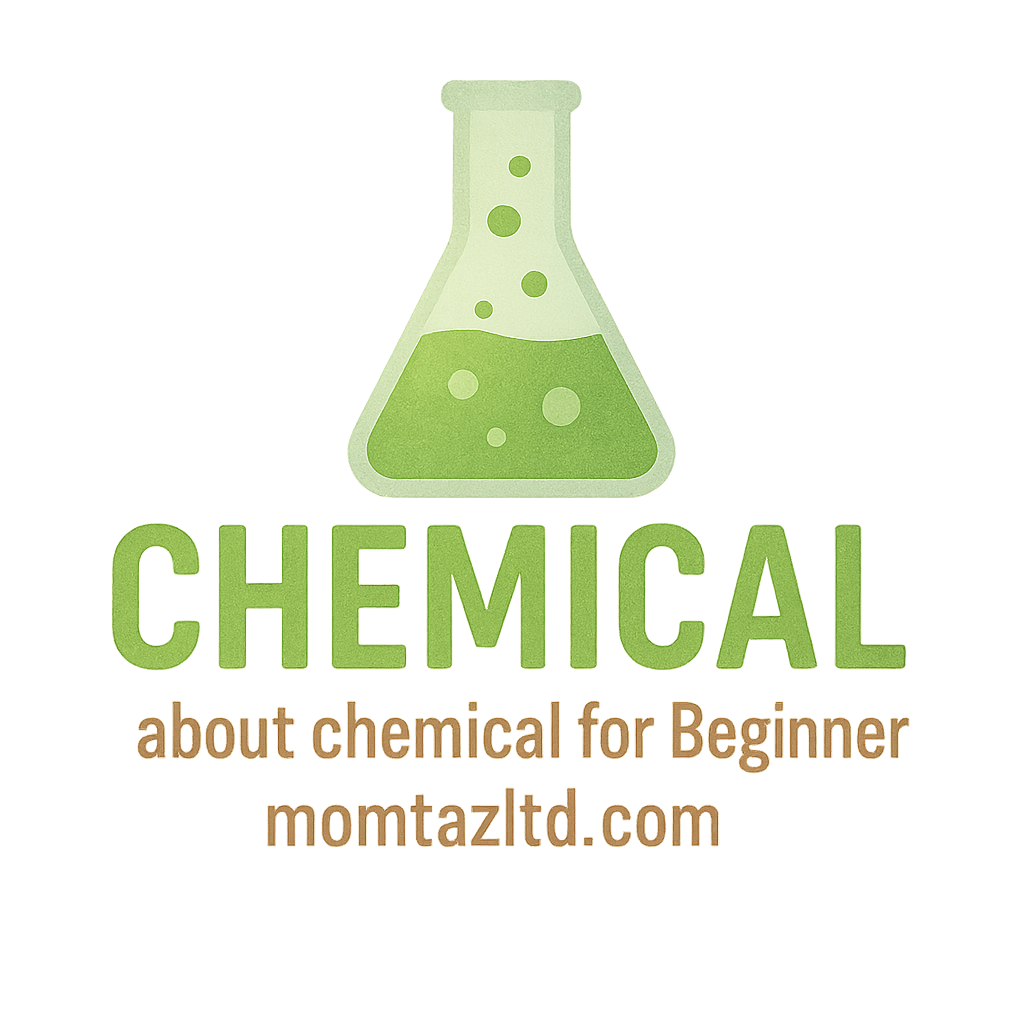Introduction: The Evolving Landscape of Chemical Careers
As the world continues to innovate, chemical careers are evolving rapidly. Once dominated by traditional roles in laboratories and factories, today’s chemical industry is transforming to accommodate new technologies, environmental concerns, and interdisciplinary collaborations. Whether you’re a budding chemical scientist or already established in the field, it’s important to keep an eye on the future trends that will define your career path.
In this article, we’ll explore five key trends in chemical careers that you’ll want to watch. From the rise of green chemistry to the influence of AI and automation, these trends promise to shape the future of the industry.
Trend 1: The Rise of Green Chemistry
The global shift toward sustainability is perhaps one of the most significant changes in the chemical industry. Green chemistry focuses on designing chemicals and processes that minimize harm to both the environment and human health. It’s becoming an essential part of chemical manufacturing, driven by regulations, consumer demand, and innovation.
What is Green Chemistry?
Green chemistry is about creating chemical products and processes that reduce or eliminate the use of hazardous substances. The goal is to design safer, more sustainable products without compromising on performance or quality. It applies to various sectors, from pharmaceuticals to agrochemicals to energy.
How Green Chemistry is Shaping Future Jobs
As sustainability becomes a global priority, the demand for chemists specializing in renewable energy, bioplastics, and waste reduction is skyrocketing. The field will see a rise in chemical engineers who focus on developing eco-friendly processes, as well as professionals skilled in the areas of chemical safety and environmental impact. Those who combine chemistry with environmental science will be highly sought after.
Trend 2: Technological Integration and AI in Chemical Careers
Another major trend is the integration of advanced technologies like artificial intelligence (AI), machine learning, and automation in the chemical sector. These technologies are becoming increasingly relevant in industries like chemicals and manufacturing.
The Role of AI and Automation
AI and automation aren’t just for tech companies—they’re revolutionizing the chemical industry too. AI-driven technologies are already optimizing chemical processes, improving product quality, and streamlining production schedules. Predictive analytics powered by AI allows for better forecasting of chemical reactions, saving both time and money.
Future Job Opportunities in AI-driven Chemistry
In the future, companies will need AI experts to help them design algorithms for simulating chemical reactions, improving energy efficiency, and minimizing waste. There will also be demand for chemical engineers who can work alongside data scientists to create smarter chemical manufacturing systems.
As more automated chemical processes are adopted, the need for professionals capable of developing and maintaining AI systems will surge. This intersection of AI and chemistry opens new career paths that didn’t exist a few decades ago.
Trend 3: Advanced Materials Science
Materials science is another exciting area of growth within the chemical industry. With increasing demand for advanced, high-performance materials, chemical professionals will play a critical role in developing next-gen products, from cutting-edge batteries to smart fabrics.
Exploring the World of Nano-Technology
Nano-technology, which involves manipulating materials at the molecular or atomic level, is one of the most promising areas within materials science. Chemists working in this field are developing ultra-efficient solar panels, high-capacity batteries, and even new medical technologies.
How Advanced Materials are Changing Chemical Careers
Professionals specializing in material chemistry, nanotechnology, and advanced materials will be at the forefront of innovations that impact industries like electronics, energy storage, and healthcare. Chemical engineers will play a key role in developing the next generation of smart materials, from bio-inspired polymers to self-healing concrete.
As demand for advanced materials grows, jobs related to materials design and nano-engineering will become highly sought after. The scope of materials science is expanding, and the opportunities for chemical professionals in this sector are immense.

Trend 4: Increased Focus on Chemical Safety and Environmental Impact
As society becomes more conscious of the impact of chemical manufacturing on the environment and human health, safety and sustainability have become top priorities for the industry. Increased regulatory pressures are forcing companies to prioritize chemical safety and environmental responsibility.
Why Chemical Safety is More Crucial Than Ever
Chemical safety is not just about preventing accidents; it’s about reducing the risk of long-term environmental damage. Chemical safety professionals are now more in demand than ever. Their role is to ensure that production processes are safe, sustainable, and in compliance with stringent environmental regulations.
Impact of Environmental Regulations on Career Growth
As governments and organizations tighten regulations surrounding chemical manufacturing, positions in chemical safety, risk assessment, and regulatory compliance will continue to grow. This trend offers exciting career opportunities for individuals with a background in environmental science, chemical engineering, and toxicology.
The increased focus on sustainable practices and compliance will lead to more roles dedicated to environmental protection, chemical safety, and eco-friendly product development.
Trend 5: Collaborative Roles with Other Disciplines
Today, chemistry is no longer a standalone discipline. The future of chemical careers lies at the intersection of chemistry and other fields like biotechnology, engineering, and data science. The future workforce in the chemical sector will be interdisciplinary, working in tandem with experts from various domains to create holistic solutions to complex challenges.
The Intersection of Chemistry and Other Fields
One of the most exciting opportunities in the future of chemical careers is the increased collaboration with other industries. For example, biotechnology is rapidly converging with chemistry to create innovations in biofuels, pharmaceuticals, and medical devices. This interdisciplinary approach creates new opportunities for chemists to work alongside engineers, biologists, and data scientists.
How Interdisciplinary Knowledge Boosts Career Opportunities
Chemical professionals who understand other disciplines will be in high demand. Those who specialize in bio-chemistry, chemical engineering, or data science will have the flexibility to work in a variety of industries and apply their knowledge to a wide range of projects. Whether you are interested in green energy, biomaterials, or pharmaceuticals, having a diverse skill set will boost your employability.
Conclusion: Navigating the Future of Chemical Careers
The chemical industry is undergoing significant changes, driven by sustainability concerns, technological advancements, and new interdisciplinary approaches. By embracing these changes and staying informed about the latest trends, you can future-proof your chemical career.
Whether you’re passionate about green chemistry, AI innovation, or advanced materials, there are numerous opportunities to explore. The key to thriving in the future of chemical careers lies in continuous learning, adaptability, and staying ahead of the curve. Keep an eye on these emerging trends, and you’ll be well-positioned to make the most of the evolving job market.
FAQs
- What is green chemistry?
Green chemistry is the design of chemical products and processes that reduce or eliminate the use of hazardous substances, aiming for more sustainable manufacturing processes. - How will AI impact chemical careers?
AI will optimize chemical processes, improve predictive analysis, and automate tasks, creating new career opportunities in AI-driven chemistry and chemical engineering. - What industries will benefit most from advanced materials science?
Advanced materials science will revolutionize industries like electronics, energy storage (batteries), construction, and healthcare. - Why is chemical safety becoming more important?
With increased regulatory scrutiny and a greater focus on sustainability, ensuring chemical safety is essential to protect human health and the environment. - How can I future-proof my career in chemistry?
Stay informed on emerging trends like green chemistry and AI, gain interdisciplinary skills, and pursue sustainable practices to remain competitive in the job market. - What are some examples of interdisciplinary roles in chemical careers?
Roles at the intersection of chemistry, biotechnology, engineering, and data science will continue to grow as industries collaborate to address complex challenges. - How do environmental regulations impact chemical careers?
As regulations tighten around emissions, waste disposal, and chemical safety, careers focused on environmental protection, regulatory compliance, and sustainable chemistry will continue to expand.


